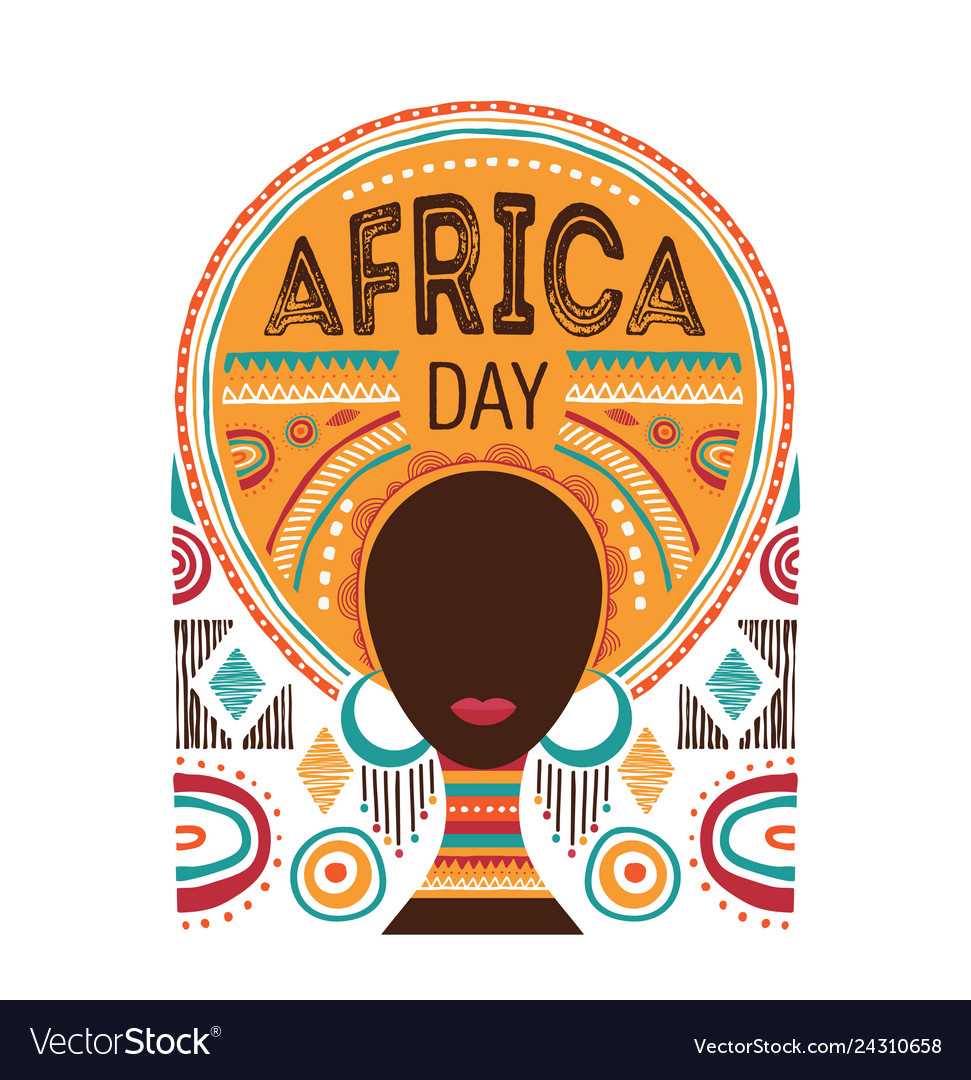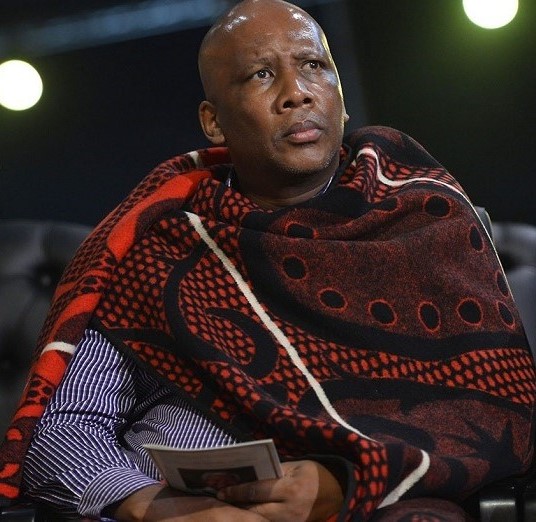Theko Tlebere
May 25 marks the 61st anniversary of the African Union, also known as “Africa Day.” This significant occasion commemorates the establishment of the Organisation of African Unity (OAU) in 1963, which later evolved into the African Union (AU). It symbolises Africa’s united opposition to colonialism and its pursuit of self-determination. Even though this day is regarded as a public holiday in Lesotho, many Basotho will not feel it this year because it is on a Saturday. Nonetheless, we ought to comprehend why such dates are important to us as young people of Lesotho by bringing the relevance of education in this era from the perspective of celebrating Africa Day.
I actually felt the relevance of today’s arguments to Africa Day celebrations because of the Africa Day theme. This day used to be called Heroes Day in many African countries, but as time went by, most states transformed into Africa Day. And this year like all the other years we shall have a chance to celebrate it in various ways at our different locations. As we relax and enjoy the free holiday, let us people of Africa internalize on how we, “Educate and skill Africa for the 21st century”. I personally found the timing of tomorrow’s public holiday very significant to my series showcasing the importance of education in Lesotho, hence the topic of ‘Why education is still relevant in Lesotho even today?’
As Africa celebrates Africa Day on May 25, the continent is uniting around the theme of “Educate and Skill Africa for the 21st Century.” This theme highlights the significance of education and skills development in shaping Africa’s future. In the face of challenges such as globalisation, technological advancement, and climate change, investing in education and skill development has become a strategic priority for sustainable development. Indeed our country Lesotho is no exception, as we celebrate Africa Day on Saturday we need to acknowledge our various challenges but embrace the significance and relevance of education in our era.
Africa’s diverse and culturally rich heritage serves as a foundation for innovation and creativity, making it crucial to harness this potential through high-quality education and training programs. From traditional wisdom passed down through generations to modern educational institutions and vocational training centers, Africa possesses the resources needed to empower its youth. Therefore, we can rhetorically say that education remains highly relevant in Lesotho for the following key reasons:
The role of education in driving economic progress and prosperity in Lesotho cannot be overstated. A highly educated workforce not only boosts productivity but also fosters innovation, leading to enhanced job prospects and diversification across various sectors. This is especially important in a nation like Lesotho where a significant portion of the population relies heavily on subsistence agriculture, highlighting the urgent need to expand into other industries, such as manufacturing and services. Does it mean we cannot industrialise without education? Well, it is a good question but not for today’s paper. Today we want to emphasise the importance of education in realising industrialisation in Lesotho.
Education is a powerful tool for breaking the cycle of poverty. By providing individuals with the necessary knowledge and skills, education amplifies their opportunities for securing higher-paying employment and improving their living standards. In Lesotho, where poverty rates remain substantial, education serves as a pathway towards econocriticismmic empowerment and upward social mobility. I know on this one I will have a lot of critics, which is understandable. Therefore, I can safely say not education alone can break the poverty cycle, but its role is KEY.
Furthermore, education is closely linked to improved health outcomes. Educated individuals have a better capacity to understand health-related information, adopt healthier behaviors, and effectively engage with healthcare services. This is particularly significant in Lesotho, where the country faces significant health challenges, such as high rates of HIV/AIDS and tuberculosis, which require a well-informed populace. I am certain that you reckon I have forgotten about our own traditional herbs and systems, no I have not. But I can assure you that with good education even our traditional health systems can be improved.
Education also plays a pivotal role in advancing gender equality. In Lesotho, initiatives aimed at educating girls and women contribute significantly to their empowerment, enabling them to participate more fully in the economy and broader society. These efforts have a ripple effect, impacting family health, bolstering economic stability, and fostering social development.
An educated populace is better equipped to actively engage in civic affairs and governance. Education nurtures critical thinking, facilitates informed decision-making, and encourages active participation in democratic processes. In Lesotho, such civic engagement is imperative for strengthening governance structures and fostering greater transparency and accountability.
In an era of rapid digitisation, education is essential for understanding and harnessing technological advancements. This knowledge is vital for Lesotho to keep pace with global progress and seamlessly integrate into the global economy. Furthermore, education empowers both individuals and communities with the necessary knowledge and skills to adapt to evolving circumstances, including environmental challenges and economic fluctuations. This resilience is indispensable for Lesotho as it grapples with issues such as climate change and economic vulnerabilities.
As we celebrate the 61st anniversary of the African Union on “Africa Day,” it is important to acknowledge the ongoing significance of education in Lesotho. This year’s theme, “Educate and Skill Africa for the 21st Century,” emphasises the crucial role that education plays in addressing the challenges of globalisation, technological advancement, and climate change.
In Lesotho, education serves as the driving force behind economic growth, innovation, and the diversification of the economy, moving it beyond subsistence farming. It is a powerful tool for breaking the cycle of poverty and improving health outcomes, particularly in the fight against HIV/AIDS and tuberculosis. Education also empowers women and fosters gender equality, contributing to broader social and economic stability.
Additionally, education nurtures civic engagement, enhances governance, and preserves cultural heritage, promoting social cohesion and national identity. In today’s digital age, education is essential for harnessing technological advancements and building resilience against environmental and economic challenges. Celebrating Africa Day reminds us of the critical role that education plays in unlocking Lesotho’s potential and ensuring sustainable development. Investing in education is not only a tribute to our past struggles but also a strategic imperative for our future prosperity. The future is NOW!
Summary
- I personally found the timing of tomorrow’s public holiday very significant to my series showcasing the importance of education in Lesotho, hence the topic of ‘Why education is still relevant in Lesotho even today.
- Indeed our country Lesotho is no exception, as we celebrate Africa Day on Saturday we need to acknowledge our various challenges but embrace the significance and relevance of education in our era.
- This is especially important in a nation like Lesotho where a significant portion of the population relies heavily on subsistence agriculture, highlighting the urgent need to expand into other industries, such as manufacturing and services.

Your Trusted Source for News and Insights in Lesotho!
At Newsday Media, we are passionate about delivering accurate, timely, and engaging news and multimedia content to our diverse audience. Founded with the vision of revolutionizing the media landscape in Lesotho, we have grown into a leading hybrid media company that blends traditional journalism with innovative digital platforms.








